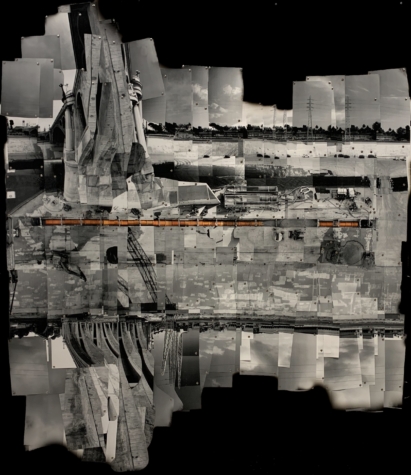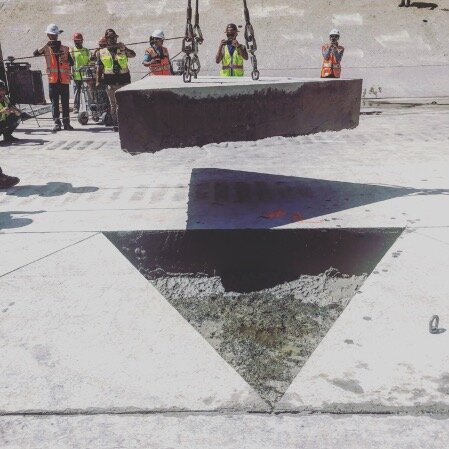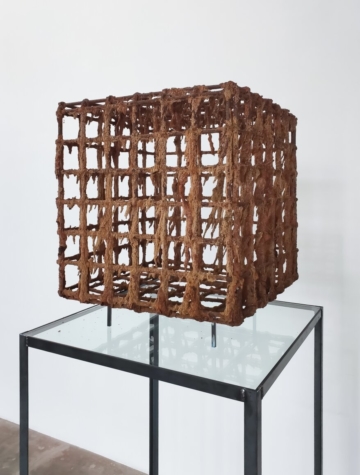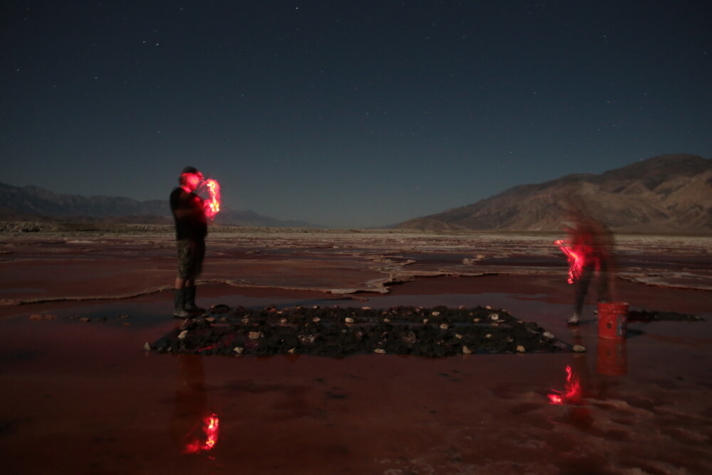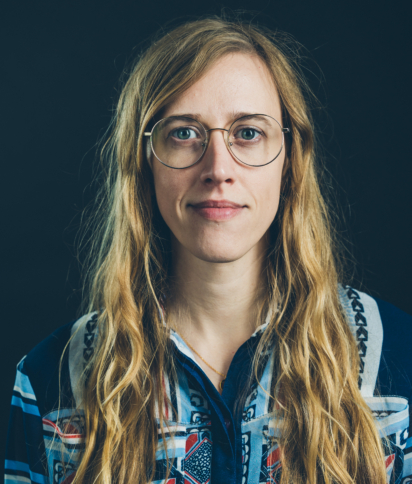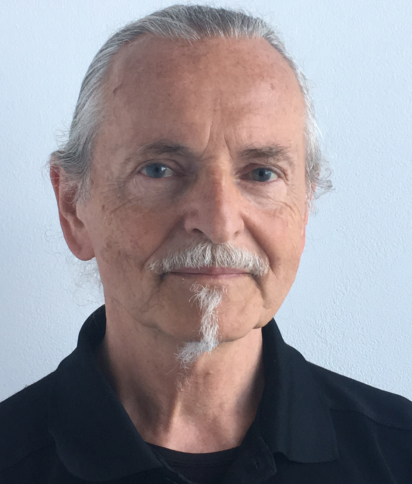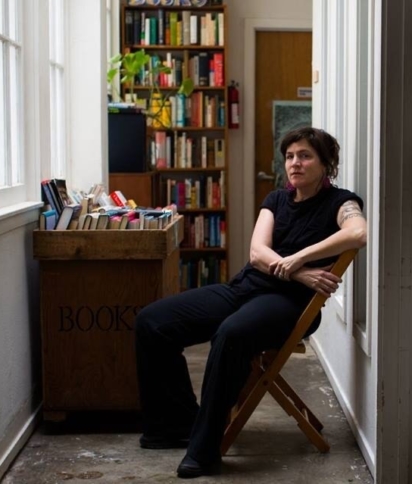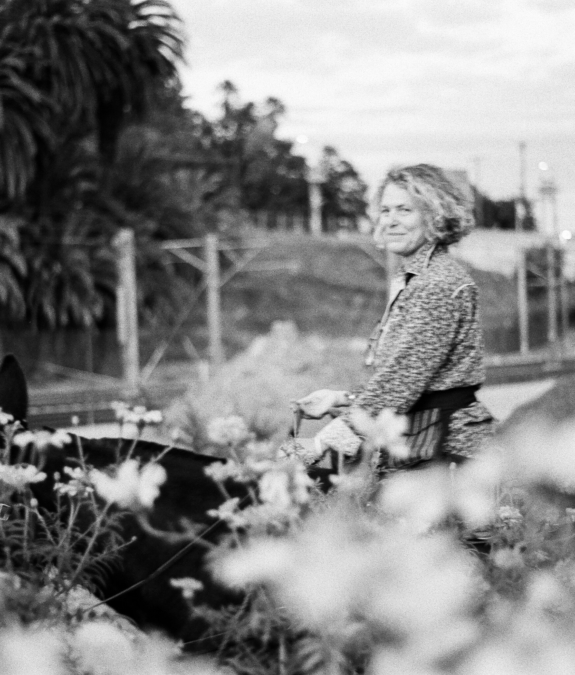
Post-Human Infrastructure 2.0
with Lauren Bon
In this Post-Human Infrastructure, an online course, we will explore the concept of post-human infrastructure through the construction of speculative ecologies centered around water-based eco-zones. We will start by examining the ways in which human infrastructure has impacted these eco-zones and identify the challenges they face. Each student will choose a specific eco-zone and explore it in-depth, asking themselves what their biggest concern for this area is.
We will be reading James Bridle's Ways of Being and other essays by other authors that focus on water and the under-land to provide a theoretical foundation for our exploration. Students will work together in groups to create solutions embedded in speculative ecologies, incorporating insights from their individual research and group discussions.
By the end of the course, students will have developed a deep understanding of the complex relationships between human infrastructure and natural systems. They will have developed the skills to imagine and create innovative solutions that prioritize sustainability and the well-being of the ecosystems they inhabit. This course is ideal for those interested in environmental studies, architecture, engineering, or urban planning.
.
Office Hours: Thursdays 3:30 - 4:30 EST
***ALL Classes include FREE & Continuous Membership Access to our virtual campus Programming called Student Life
** Payment Plans Available
March 30th - May 11th
Thursdays
12:30 - 3 pm EST
16
Students
$1,500
USD
Lauren Bon is an environmental artist from Los Angeles, CA. Her practice, Metabolic Studio, explores self-sustaining and self-diversifying systems of exchange that feed emergent properties that regenerate the life web. Some of her works include: Not A Cornfield, which transformed and revived an industrial brownfield in downtown Los Angeles into a thirty-two-acre cornfield for one agricultural cycle; 100 Mules Walking the Los Angeles Aqueduct, a 240-mile performative action that aimed to reconnect the city of Los Angeles with the source of its water for the centenary of the opening of the Los Angeles Aqueduct. Her studio’s current work, Bending the River, aims to utilize Los Angeles’ first private water right to deliver 106-acre feet of water annually from the LA River to over 50 acres of land in the historic core of downtown LA. This model can be replicated to regenerate the 52-mile LA River, reconnect it to its floodplain and form a citizens’ utility.
More Classes
Live online classes with the world’s best artists and curators
Carving Connections
An independent study workshop with Amber Imrie
In Carving Connections, we will be following the threads through our practice, into our community and out into the world. Everything is connected, but to see through the chaos we must move with clarity, intention and passion. Over six months we will engage in exercises to further illuminate your authenticity through your art. We will focus on strengthening your daily art practice routines to build resiliency, confidence, and self-assurance.
Monuments
With Krzysztof Wodiczko
In “On the Use and Abuse of History for Life,” Friedrich Nietzche asked, “What is the use to the modern man of this ‘monumental’ contemplation of the past, this preoccupation with the rare and classic?” That was 1874. Today, monuments to racism, white supremacy, colonialism, war, patriarchy, and oppressions across the world are toppled, disgraced, vandalized, and defaced. The course will provide space for an informed and open discussion and for development and sharing of the artistic concepts, and proposals for monuments.
Professional Practice for Artists
with Lexa Walsh
In this 7 week class, we will move intently toward building our professional practices as artists. We will cover the many ways to be in the Art World(s), and how to get there: Goal Setting, Grants, Budgets, Pricing, Residencies, Open Calls, Artist and Project Statements, Elevator Pitches, CVs, Documentation, Websites, Networking and Promotion, and the importance of Community. We will share tips and strategies to help define and finesse each of these, by identifying our audiences, contexts, processes, research and challenges.

